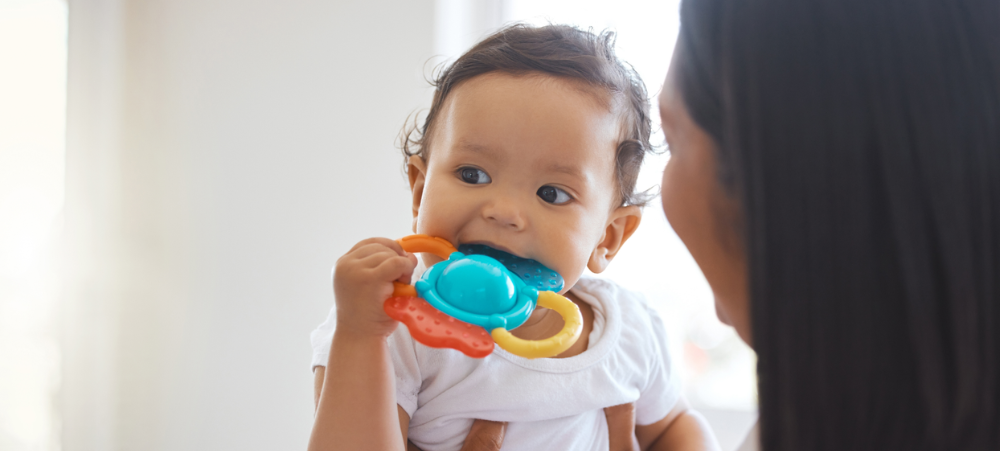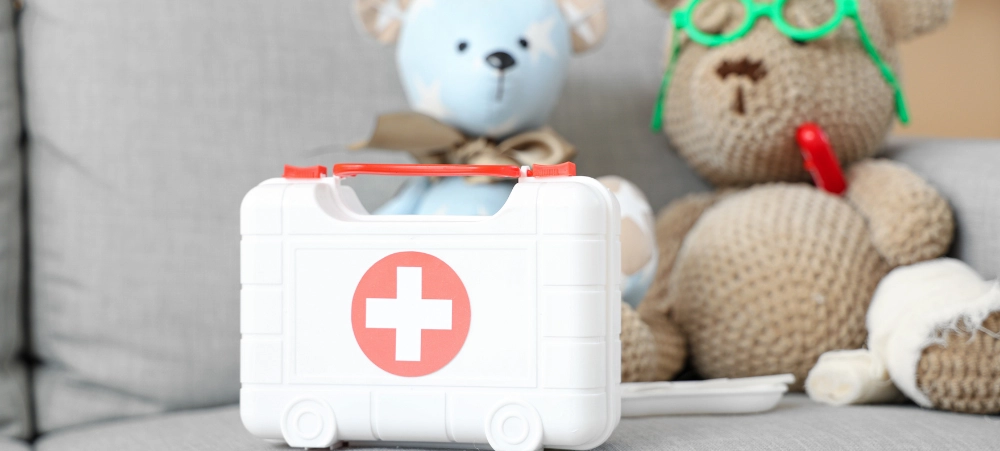Affinity Health, a leading provider of high-quality health coverage, raises awareness about hearing loss in babies.
Understanding Hearing Development in Babies
Even before birth, babies develop their sense of hearing in the womb. By the time they are born, they can already recognise familiar voices and sounds.
Babies refine their hearing abilities in the first few months of life. They should startle at loud noises, turn their heads toward sounds, and coo in response to voices. Most babies should be babbling and responding to their names by six months.
“About 1 to 3 babies per 1,000 are born with hearing loss, making it one of the most common congenital conditions,” says Murray Hewlett, CEO of Affinity Health.
“It’s crucial to screen newborns for hearing loss shortly after birth to ensure early detection and intervention.”
Certain factors can increase the likelihood of hearing loss in babies, including a family history of hearing loss, maternal infections during pregnancy (such as rubella virus or cytomegalovirus), exposure to ototoxic medications, premature birth, low birth weight, and complications during delivery.
Signs of Hearing Loss in Babies
While every child develops at their own pace, sure signs may indicate a potential hearing problem. Here are some red flags to watch out for:
- Lack of Startle Response: Babies with normal hearing typically startle at sudden loud noises. If your baby doesn’t react to loud sounds like a door slamming or a dog barking, it could be a sign of hearing loss.
- Limited or No Babbling: Babbling is an essential milestone in language development. Babies with hearing loss may not babble as much or at all. Pay attention to whether your baby is making vowel sounds like “ah” or “ooh” and consonant sounds like “ba” or “ma”.
- Lack of Response to Voices: By three months, most babies should turn their heads or react when they hear familiar voices. If your baby doesn’t respond to your voice or seems indifferent to sounds, it’s worth investigating further.
- Delayed Speech and Language Development: Hearing loss can significantly impact speech and language development. Suppose your baby is not meeting developmental milestones related to language, such as cooing, babbling, or saying simple words by one year. In that case, it’s important to consider hearing as a possible factor.
- Difficulty Locating Sounds: By six months, babies should be able to turn their heads toward sounds. If your baby consistently struggles to locate the source of sounds or only responds when they see the speaker, it could indicate hearing impairment.
- Inconsolable Crying: While babies cry for various reasons, persistent crying without an apparent cause could indicate frustration due to difficulty hearing or understanding the world around them.
What to Do If You Suspect Hearing Loss
Don’t hesitate to take action if you notice these signs or have concerns about your baby’s hearing. Early intervention is crucial for minimising the impact of hearing loss on your child’s development. Here are the steps you can take:
Schedule a Hearing Screening
Your paediatrician can perform a hearing screening or refer you to a paediatric audiologist for further evaluation. Many hospitals offer newborn hearing screenings shortly after birth, but additional screenings may be necessary if there are concerns.
Observe Your Baby’s Reactions
Consider how your baby responds to sounds and voices in different environments. Keep a diary and write down any observations or concerns you can highlight to your baby’s paediatrician.
Seek Early Intervention Services
If hearing loss is confirmed, your baby may benefit from early intervention services, such as speech therapy or sign language instruction. These services support your child’s development and help them thrive despite hearing challenges.
Educate Yourself
Take the time to educate yourself about hearing loss in babies, available treatments, and resources for support. Knowledge is power and can help you effectively advocate for your child’s needs.
Connect with Support Groups
Reach out to support groups or online communities for parents of children with hearing loss. Connecting with parents who have had similar situations may provide helpful advice, encouragement, and emotional support.
Technological Advances
Fortunately, technological advances, such as hearing aids and cochlear implants, have revolutionised the treatment of hearing loss in babies. These devices can provide access to sound and help infants with hearing loss develop speech and language skills on par with their hearing peers.
Let’s commit to raising awareness about the importance of early detection and intervention for hearing loss in babies. Remember, you are your baby’s best advocate. Trust your instincts, seek guidance from healthcare professionals, and embrace the journey of supporting your child’s hearing health every step of the way.
We understand that there are many aspects that encompass a Mother, Father or Child and strive toward providing resources and services that accommodates this.
Our content is aimed to inform and educate families on issues starting from pregnancy through to the challenges of the teen-age years.
- Say Hello to the Ultimate Holiday Brunch Bite - December 17, 2025
- Tiny Toons Looniversity Returns: Meet the Voice Behind Plucky and Hamton! - December 12, 2025
- From Pain to Possibility: Panado®’s New Marketing Campaign, Highlights The Joy Of Pain Relief - December 10, 2025





